With the support of the European Investment Bank (EIB), Transgaz prepared the Climate and Decarbonisation Strategy, with a view to a step-by-step transition to a climate neutral activity and strengthening resilience to climate change, while considering best practices and national and international climate policies and regulations. The project was developed in the context of the European Investment Advisory Hub (EIAH).
The overall objective of the strategy is dual, addressing both decarbonisation and climate issues.
The Decarbonization Strategy includes:
 the comprehensive carbon footprint assessment of the current operating process,
the comprehensive carbon footprint assessment of the current operating process,
 ambitious quantitative emission reduction targets in the short and medium term and the proposed high-level actions and measures needed to achieve these targets;
ambitious quantitative emission reduction targets in the short and medium term and the proposed high-level actions and measures needed to achieve these targets;
 long-term decarbonisation options;
long-term decarbonisation options;
 explanation of the role of compensations and their impact on stakeholders;
explanation of the role of compensations and their impact on stakeholders;
 stakeholder engagement strategy, including Transgaz’ possibilities to cooperate with stakeholders (downstream and upstream of the gas transmission system) in projects that contribute to decarbonisation;
stakeholder engagement strategy, including Transgaz’ possibilities to cooperate with stakeholders (downstream and upstream of the gas transmission system) in projects that contribute to decarbonisation;
 actions needed from Transgaz to meet national and international (climate-related) requirements and regulations, such as the National Integrated Energy and Climate Change Plan.
actions needed from Transgaz to meet national and international (climate-related) requirements and regulations, such as the National Integrated Energy and Climate Change Plan.
The Climate Strategy includes:
 high-level climate vulnerability assessment for Transgaz and its key stakeholders;
high-level climate vulnerability assessment for Transgaz and its key stakeholders;
 actions needed so that Transgaz is aligned with the EU Taxonomy and the EU Directive on Corporate Sustainability Reporting, as well as the requirements set out in the EIB’s Paris Alignment for Counterparties (“PATH” framework);
actions needed so that Transgaz is aligned with the EU Taxonomy and the EU Directive on Corporate Sustainability Reporting, as well as the requirements set out in the EIB’s Paris Alignment for Counterparties (“PATH” framework);
 assessment of investment needs, potential investment sources and their eligibility.
assessment of investment needs, potential investment sources and their eligibility.
The implementation of the projects included in the approved National Natural Gas Transmission System Development Plan 2022-2031, in line with the measures identified in the Decarbonisation Strategy, will substantially contribute to the decarbonisation of the natural gas transmission activities carried out by SNTGN Transgaz SA in the forthcoming period, when natural gas remains a transitional fuel for long time.

 acum 1 an
151
acum 1 an
151
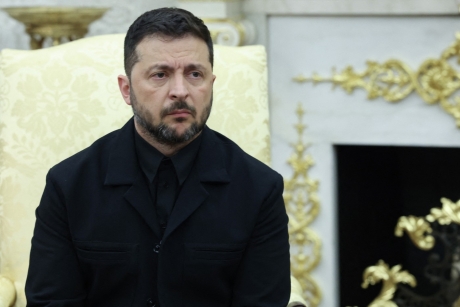

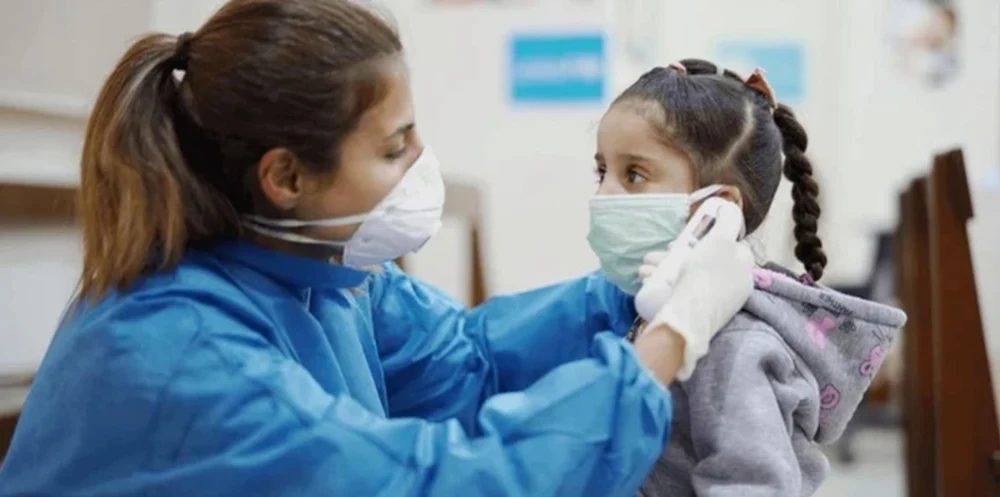



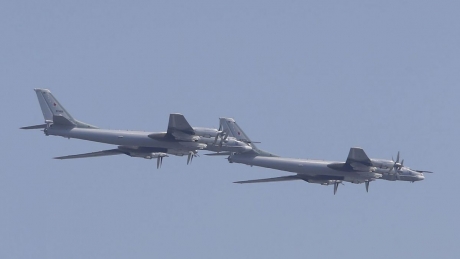





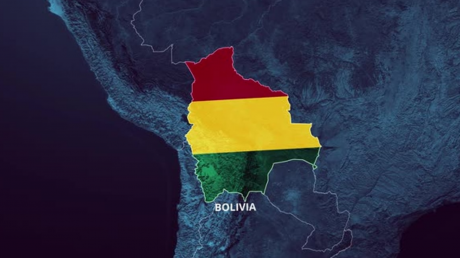
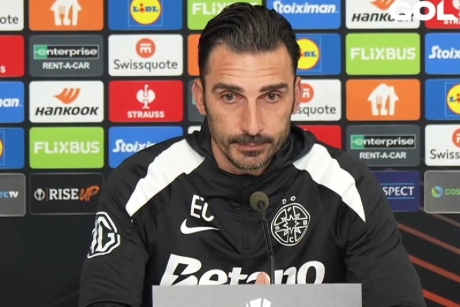









 English (US) ·
English (US) ·  Romanian (RO) ·
Romanian (RO) ·